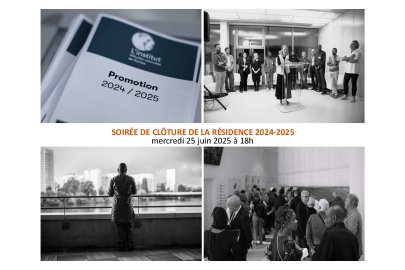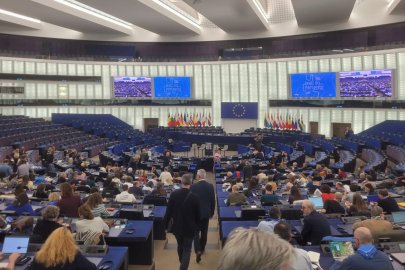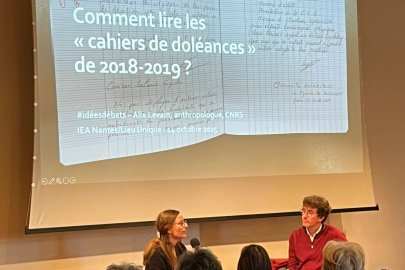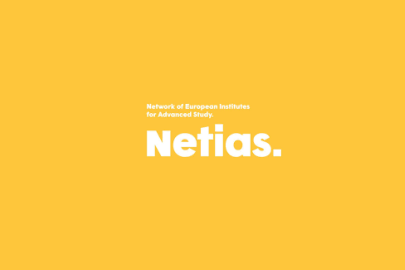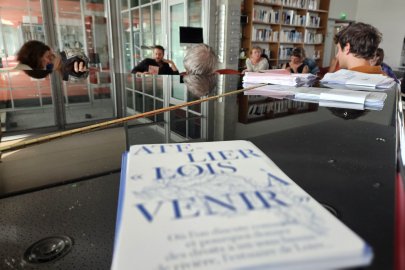On Wednesday, July 25, 2025, the Institute (IAS Nantes) experienced a meaningful day, during which a meeting bringing together numerous partners was held, followed by the closing evening of the 2024–25 academic year. Despite the complex context, this day confirmed the vitality and determination of a community committed to maintaining an open, diverse, and supportive research environment.
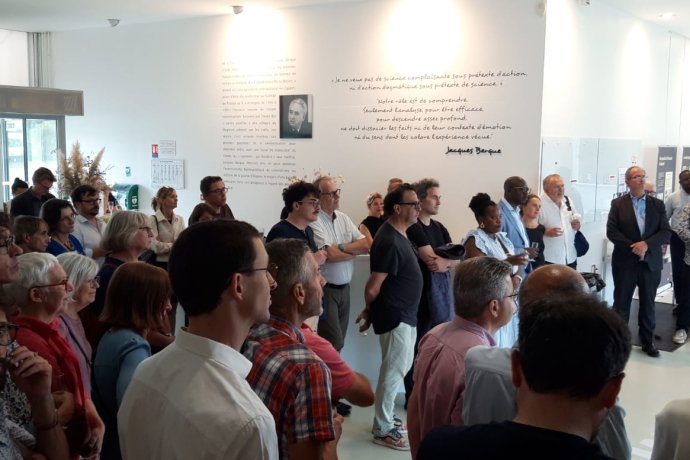
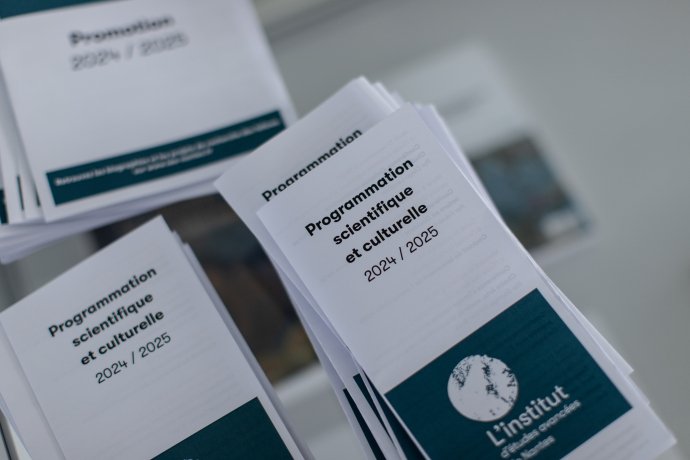
Wednesday, July 25 was a key day for the Institute.
In the mid-afternoon, university partners, cultural and private stakeholders gathered to review a year full of challenges, marked by structural adjustments and a collective desire to continue sustaining and evolving the Institute.
This time of exchange reflected a shared energy and a strong willingness to strengthen collaborations, despite budget cuts and organizational changes. The importance of the Institute as both a refuge for research and an open place connected to the local territory and the wider world was widely affirmed.
In the evening, the traditional closing of the 2024–25 year offered a warm and convivial moment, bringing together the fellows, partners, close associates of the Institute, and the entire team.
It was an opportunity to reflect on research projects, collaborations formed, and to discuss ambitions for the coming year.
Several fellows expressed their attachment to this unique space: a place of intellectual hospitality and openness. The handover between Pierre-Etienne Kenfack and Sophie Halart, the new director, symbolically marked this time of transition.
In light of departures linked to recent restructuring, a sincere message of support was addressed to the entire team: to those who accompanied the project until the end of June, to those ensuring the closing and handover during this transitional period, and to those who continue with determination and enthusiasm to shape the future of the Institute.
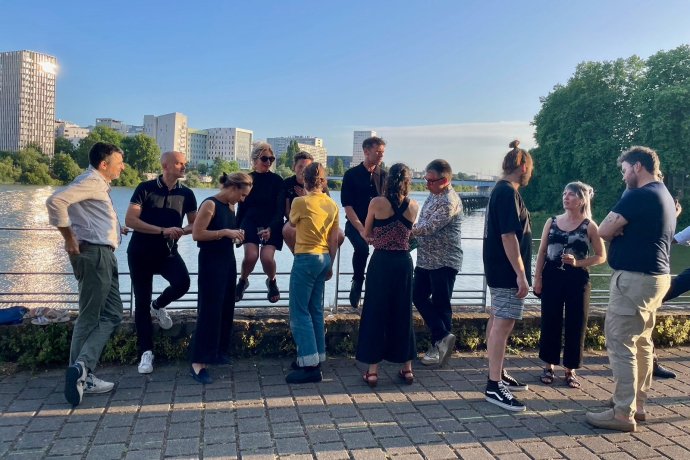
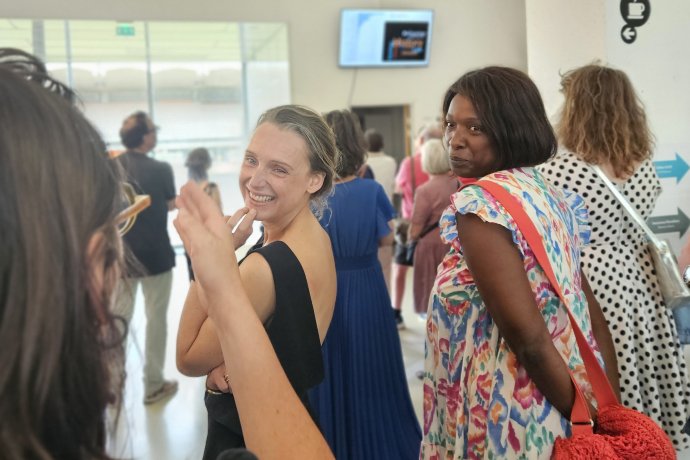
Speaking at the close of the evening, the incoming director, Sophie Halart, reaffirmed the Institute’s unique mission: a refuge for critical thought, a welcoming space for marginalized knowledge, subaltern narratives, and intangible memories. She emphasized how the Institute draws its strength from a sense of orientation rather than projection, and from a renewed attention to the plurality of languages, cultures, and attachments. In the face of geopolitical upheavals and attempts to silence research worldwide, she reaffirmed the importance of defending here in Nantes a science of dialogue and nuance—a thinking that is engaged, alive, rooted in exchange, risk-taking, intellectual solidarity, and emerging forms of knowledge and commitments that reshape the contours of a shared world.
This dual meeting perfectly illustrates the challenges of an evolving Institute: maintaining its international influence while strengthening its ties to the local territory, combining cutting-edge research with inclusivity, and above all preserving its role as a refuge and a crucible of innovation. To learn more about the current situation of the Institute and its outlook, you can read the full article here.
